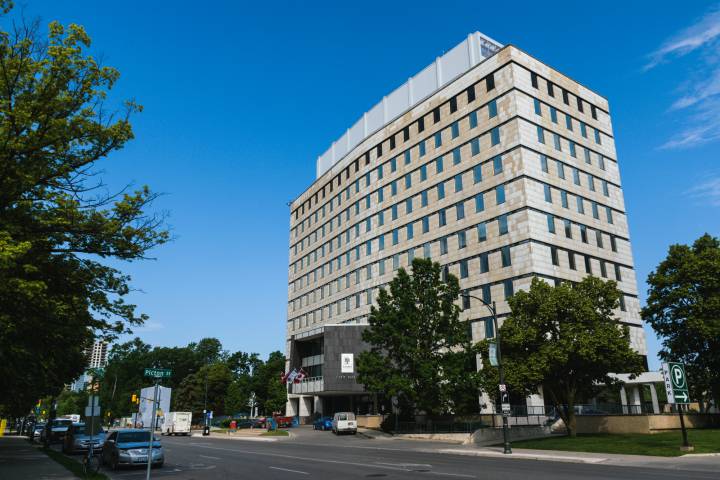London city council has created an Indigenous relations working group — with no Indigenous members.

The members of the group were approved on Monday during the city’s strategic and policy committee meeting and endorsed at council on Tuesday.
Council approved the creation of the group earlier this month.
Mayor Matt Brown and councillors Maureen Cassidy, Anna Hopkins, Tanya Park, Virginia Ridley, Harold Usher and Michael van Holst are the initial members of the group.
Leslee Whiteye, former chief of Chippewas of the Thames First Nation, told AM980 the group needs to have Indigenous representation.
“I think at this point the fact the concept and the idea is out there, and it sounds like they’ve got a council mandate to do it, I think they can’t go any further until they reach out and get an endorsement from the leadership in the community and the three neighbouring communities,” she said.
London is neighbours with Chippewas of the Thames First Nation, Oneida Nation of the Thames and Munsee Delaware Nation.
The city says eventually the group will have Indigenous members.
This isn’t the first time London City Hall has created a group that has been questioned.
- Alberta to overhaul municipal rules to include sweeping new powers, municipal political parties
- Norad looking to NATO to help detect threats over the Arctic, chief says
- Grocery code: How Ottawa has tried to get Loblaw, Walmart on board
- Military judges don’t have divided loyalties, Canada’s top court rules
In 2015, Mayor Brown’s poverty panel was criticized for not including any visible minorities or people who have lived in poverty.
Whiteye says this is a common problem in London.
“The city is lacking representation across the board. There’s huge amount of community leadership in the city that could be sitting on a lot of boards,” she said.
Whiteye credits Cassidy for her work with Indigenous people in the region and says while she was chief of Chippewas of the Thames First Nation she had a good relationship with the city.
Whiteye says she would encourage the working group to reach out to each First Nation community individually to find out where their priorities are.
*Editors note: The article was updated to reflect the working group was approved Oct. 3 and the group members were authorized this week.








Comments